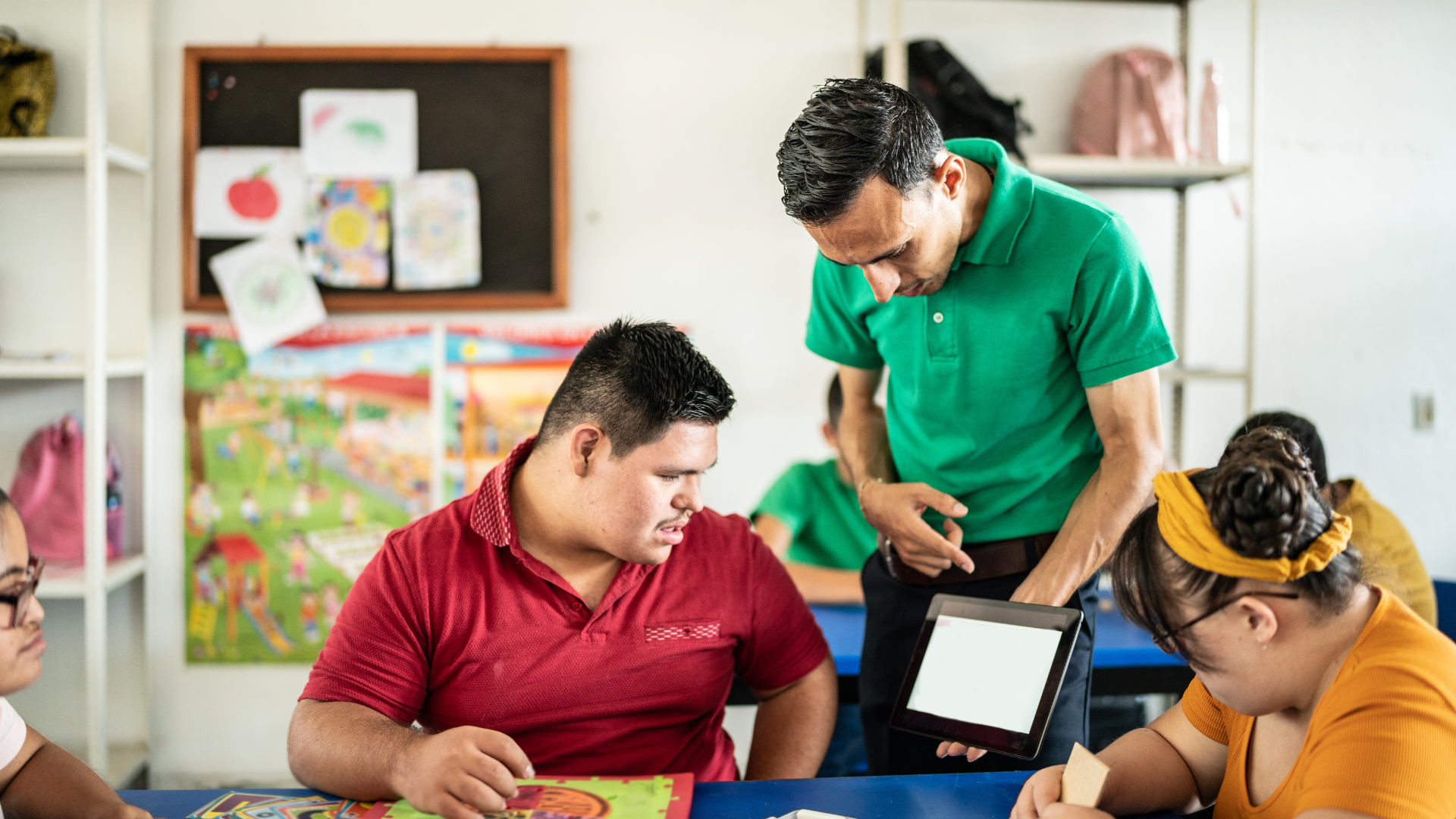Creative Independence: Why Not All Adults with Disabilities Want Employment, and That’s Okay
If you’ve navigated transition services or adult disability programs lately, you’ve likely been asked:
“What job does your loved one want?”
“Are they ready for competitive employment?”
“How can we get them work-ready?”
For some adults, those are meaningful questions. But for many others, especially neurodivergent folks, those with mental health needs, or chronic conditions, the answer is more nuanced.
Not every disabled adult wants employment.
Not every disabled adult can work.
And that doesn’t mean they don’t want purpose, contribution, or independence.
At the Disability Innovation Hub (DIH), we believe that employment is one valid path, not the only one. We’ve created a space where creativity, curiosity, and self-direction are equally valued goals.
Why the “Work or Nothing” Mentality Falls Short
Too many systems treat employment as the primary success metric for adulthood. This pressure can feel overwhelming, especially for individuals with:
Executive functioning differences
Trauma histories
PDA (Pathological Demand Avoidance)
Sensory processing needs
Fluctuating energy levels due to disability or chronic illness
In many waiver and transition programs, job training becomes the default, even when someone is clearly saying “this doesn’t fit.”
As neurodiversity advocates like Nick Walker explain, true inclusion means respecting alternative forms of participation, not forcing conformity to one norm.
Creative Independence as a Valid Life Goal
At The Hub, we see members light up when they’re given space to:
Build Lego structures
Sketch characters for their own comic series
Journal quietly in a cozy corner
Collaborate on a playlist or a puzzle
Explore being, without the constant demand to produce
This is creative independence, the ability to express yourself, choose your rhythm, and build identity in a way that’s internally motivated, not externally imposed.
And yes, that’s enough. That’s valid. That’s progress.
Why the Hub Is Built Differently
The Disability Innovation Hub isn’t a job skills program, a therapy clinic, or a step toward employment.
It’s a community designed around:
Self-directed engagement
Low-demand spaces where creativity emerges naturally
Flexible attendance (drop-in style)
No forced goals or metrics
Opportunities to try new things without being evaluated
Whether someone wants to write a novel, fold origami, or simply rest and observe, they’re welcome here.
For Parents and Professionals Asking “What’s Next?”
If your loved one is out of school or paused between programs, and employment feels like too much, consider:
What they gravitate toward when left alone
How their energy flows during the week
Whether traditional structures have helped, or harmed, their sense of self
Many adults find their next step not in a paycheck, but in a project, a peer conversation, or an unstructured hour of peace.
And we’ve seen time and again: when pressure is removed, confidence returns.
Want to Visit the Hub?
You can book a free guest pass and experience:
A day with no expectations
A space where creativity and rest are equally honored
An environment where “no” is respected, and “yes” comes from within
Whether your adult child wants employment someday, isn’t ready, or has already tried and said no, we’re here. And we see the full picture of what independence can look like.

